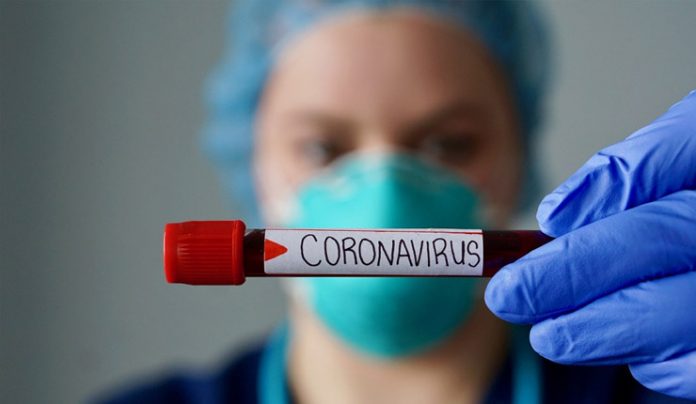
People respond very differently to infection with the novel coronavirus (SARS-CoV-2). While some patients develop no symptoms at all, others will develop severe disease and may even die. For this reason, there is an urgent need for researchers to have a reliable means in place of predicting disease progression and severity.
Doctors can now examine the blood of COVID-19 patients to identify those at greatest risk of severe illness and to pinpoint those most likely to need a ventilator and the ones who stand a good chance of recovery.
The research could lead to new treatments to prevent deadly “cytokine storms” seen in severe cases of COVID-19, the researchers said. It also may help explain why diabetes contributes to worse outcomes in patients with the coronavirus.
The scientists from the University of Virginia (UVA) School of Medicine in the US, found that the levels of a particular cytokine in the blood upon diagnosis could be used to predict later outcomes.
Cytokines — proteins produced by immune cells — are responsible for severe overreactions by the immune system, known as cytokine storms, associated with COVID-19 and other serious illnesses, the researchers said. They said the discovery would help doctors to closely monitor high-risk COVID-19 patients.
Swedish researchers found that patients with measurable levels of the novel coronavirus, SARS-CoV-2, in their blood were seven times more likely to develop critical symptoms and eight times more likely to die within 28 days.
According to Science Magazine, those with no measurable levels of the virus in their blood samples had a much smoother road to recovery and fewer fatalities than those with measurable levels. The authors of the new study said that the presence of the virus increased for those over the age of 60.
According to Science Daily, the researchers analyzed the presence of viral DNA in the blood of 167 patients within three days of admission to the hospital using a standard technique called PCR. The study was published in the journal Clinical Infectious Diseases.




